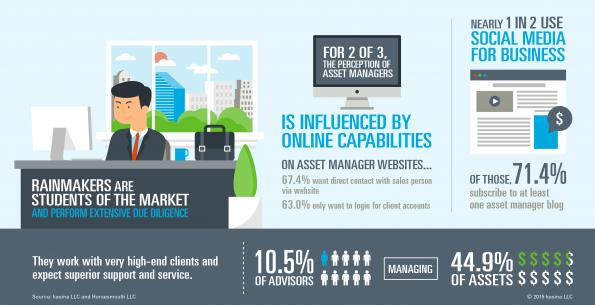
Michael Batnick, the director of research for Ritholtz Wealth Management, takes a recent news article -- about an asset manager announcing he will equal-weight the S&P 500 as if it were a new strategy -- as an opportunity to point out that so-called “smart beta” funds are, usually, simply old-fashioned factor investing strategies given a facelift by the marketing department. Factor investing, which has been known for decades and tilts an index toward small stocks, value stocks, or some other quality like momentum or risk, has demonstrated value, but not all the time. Looking at the returns of the S&P 500 equal-weight index since 2003, and they match the returns on the S&P 400 mid-cap index. “With a correlation of .97, for all intents and purposes, these products are identical.” So would you rather have the “smart” strategy for 30 basis points, or the mid-cap index for half the price, he asks. Batnick makes clear there are uses for tweaking indexes, but there is no magic bullet and not everything works positively all the time. Cliff Asness, founder of AQR, says in a recent blog post that factor investing still has some life left, but as more asset managers embrace the strategies they won’t work at the same level as they have in the past.
High Income Women Are Risk-Takers
Women whose personal income is more than $200,000 and whose married family income tops $400,000 are more willing to make risky investments in order to get a higher return, a Spectrem Group study reports. The study, High Income Women Investors, reports that 55 percent of high-income women are willing to take a risk for a significant return compared to just 32 percent of all other affluent investors. While women in general are more prone than males to self-report lower certainty in their investment knowledge, that's not the case with high-earning women, who are typically younger and more educated than general investors. The report suggests investment advisors working treat these clients as collaborators and should not assume they will be okay with a "trust me" demeanor.
When It Comes To Digital, There's 5 Types Of Advisors

According to data research firm Kasina, there are five types of financial advisors when it comes to how they do research online, use mobile devices and use social media. There are order takers, rainmakers, self-sufficients, support hogs and technophiles. Julia Binder, the head of strategic marketing research, said understanding these types can improve sales to advisors. “Support Hogs, for example, prefer costly in-person and phone support, and represent one in six advisors, yet they manage just 7 percent of assets. Because they are receptive to online content recommendations, asset managers can reduce costs by migrating these advisors to personalized digital support,” Binder said. “Rainmakers, on the other hand, represent just one in 10 advisors but manage nearly 45 percent of assets. The online capabilities of an asset manager influence brand perception of more Rainmakers than most other advisors, so asset managers need to address their high expectations for digital engagement.”




